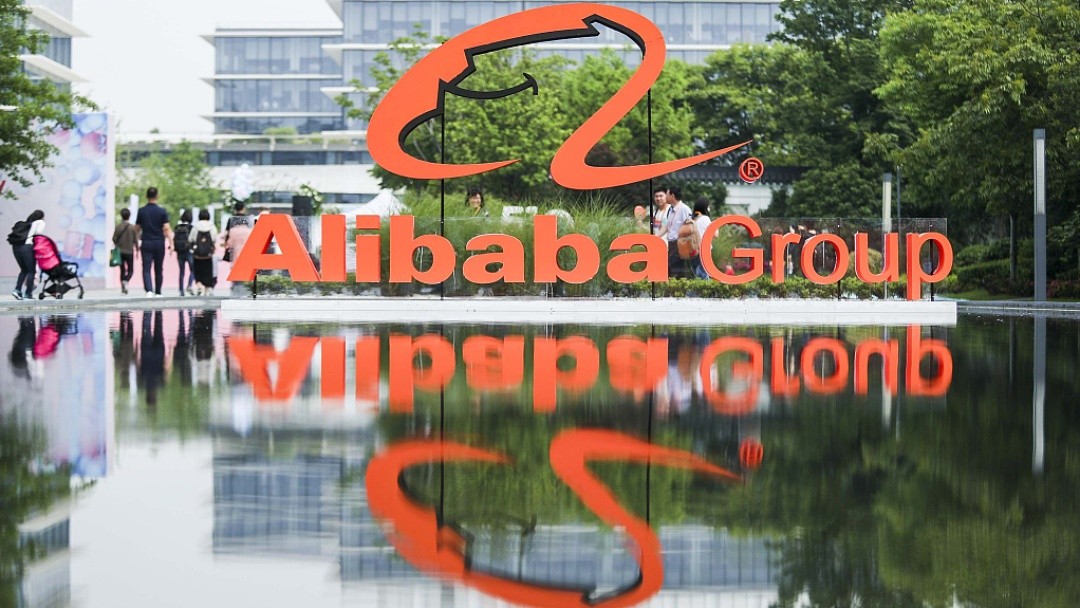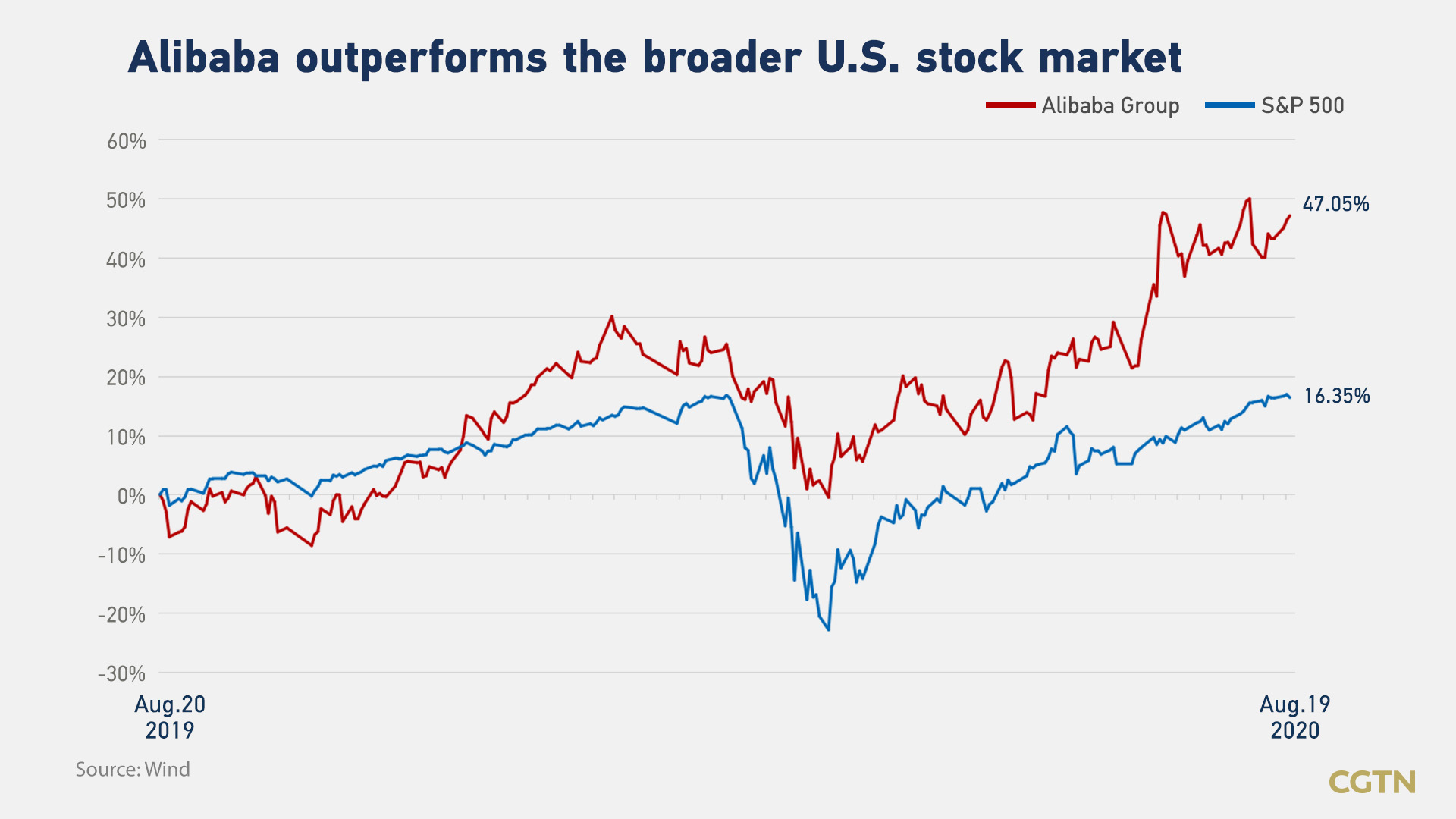
Alibaba's headquarter in Hangzhou, Zhejiang Province, China. /VCG
Alibaba's headquarter in Hangzhou, Zhejiang Province, China. /VCG
China's e-commerce giant Alibaba Group Holding Ltd. on Thursday said its revenue jumped 34 percent year on year in the first quarter of its fiscal year 2021 (April-June 2020) fueled by strong online shopping demand amid the COVID-19 curbs.
Alibaba's revenue totaled 153.75 billion yuan (22.22 billion U.S. dollars) in period which counts as the second quarter (Q2) of 2020.
The performance beat Bloomberg's estimation that Alibaba would record a revenue of about 148.06 billion yuan in Q2 2020, an increase of 28.8 percent year on year.
The positive performance came as a result of a more stable situation of the COVID-19 in China thanks to effective epidemic prevention and control measures, which created favorable environment for services supporting e-commerce, such as logistics and delivery, to resume work.
"We were well positioned to capture growth from the ongoing digital transformation, which has been accelerated by the pandemic, in both consumption and enterprise operations," said Daniel Zhang, chairman and chief executive officer of Alibaba Group.
"We mobilized our entire digital infrastructure to support the economic recovery of businesses across a wide range of sectors, while broadening and diversifying our consumer base by addressing their changing preferences in a post-COVID-19 environment," he said.

Although China's brick-and-mortar stores have gradually opened since March with the epidemic under control in the country, people's online spending remains strong.
According to the fiscal report, the company's annual active users increased to 742 million while mobile monthly active users rose by 28 million to 874 million in Q2.
"Our domestic core commerce business has fully recovered to pre-COVID-19 levels across the board," said Maggie Wu, Alibaba's chief financial officer, in a press release.
Despite the performance, challenges lie ahead for Alibaba's core business. Its competitors, such as JD.com and Pinduoduo, are making unprecedented efforts to get a larger piece of the Chinese e-commerce market.
As the coronavirus pandemic stimulated the demand for online shopping, tech-giant Tencent and leading short-video platform TikTok also increased engagement in the e-commerce sector through social media retail, attracting more buyers and sellers.
In addition to e-commerce, the Hangzhou-based conglomerate has been expanding into new businesses and technologies, such as its cloud computing, which has reported a revenue growth of 59 percent year on year.
Alibaba's U.S.-listed share closed at 260.59 U.S. dollars on Wednesday before the earnings were reported. Its Hong Kong-listed share closed at 255 Hong Kong dollars on Thursday.
The e-commerce giant pioneered the secondary listing under the new regime of the Hong Kong Stock Exchange in November 2019.